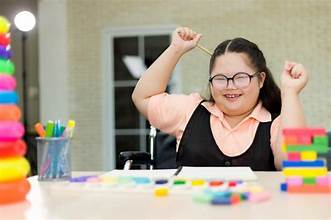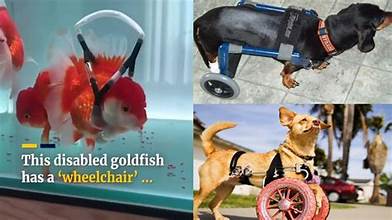Recognizing the signs of Autism Spectrum Disorder (ASD) is an essential first step, but a professional evaluation is necessary for an accurate diagnosis. Whether you’re a parent noticing developmental differences in a child, a teen struggling socially, or an adult suspecting undiagnosed autism, understanding the assessment process can bring a sense of relief and is key to accessing the proper support.
Signs That May Warrant an Evaluation
In Children
- Limited eye contact or lack of response to their name
- Delayed speech or language development
- Repetitive behaviors or intense attachment to routines
- Difficulty with social interactions or making friends
- Strong reactions to sensory input, such as noise or textures
In Teenagers

- Social withdrawal or anxiety in peer groups
- Difficulty understanding social cues or indirect communication
- Rigidity in thinking or strict adherence to routines
- Intense focus on hobbies or special interests
- Emotional outbursts or shutdowns in stressful situations
In Adults

- Feeling socially different or disconnected
- Challenges in maintaining relationships or social boundaries
- Sensory sensitivities in work or public settings
- Firm reliance on routines and predictability
- Masking behaviors that lead to fatigue or burnout
Who Can Conduct an Autism Evaluation
Professional assessments vary depending on age and suspected needs:
- Pediatrician or Family Doctor – First step for developmental concerns in children
- Developmental Pediatrician or Child Psychologist – Specialized in diagnosing children
- Clinical Psychologist or Psychiatrist – Often involved in adult assessments.
- Neuropsychologist – Can provide a detailed cognitive and behavioral evaluation
- School-Based Specialists – Help identify educational accommodations through Individualized Education Programs (IEPs)
What to Expect During an Evaluation
Autism evaluations typically include:
- Developmental history and medical background
- Observation of social and communication behaviors
- Standardized questionnaires and rating scales
- Interviews with parents, teachers, or partners
- Cognitive, speech, and occupational assessments (if needed)
The process may take several sessions to gather a complete picture.
Benefits of Early or Timely Diagnosis
- Early or timely diagnosis of autism empowers individuals and their families by providing access to targeted therapies and interventions, better support in school, work, and daily life, and connection with autism support networks and resources.
- Better support in school, work, and daily life
- Understanding and validation of experiences
- Connection with autism support networks and resources
- Improved long-term outcomes in communication, social skills, and independence
Final Thoughts
Seeking a professional autism evaluation can feel daunting, but it’s a positive and crucial step toward clarity and support. Whether for a child, teen, or adult, early or timely assessment opens doors to resources, understanding, and strategies that make life more manageable and fulfilling.
💡 Return to the main guide: What Are the Signs and Symptoms of Autism?
💡 Explore related articles: Early Signs in Toddlers | Autism in Adults | Autism in Girls




